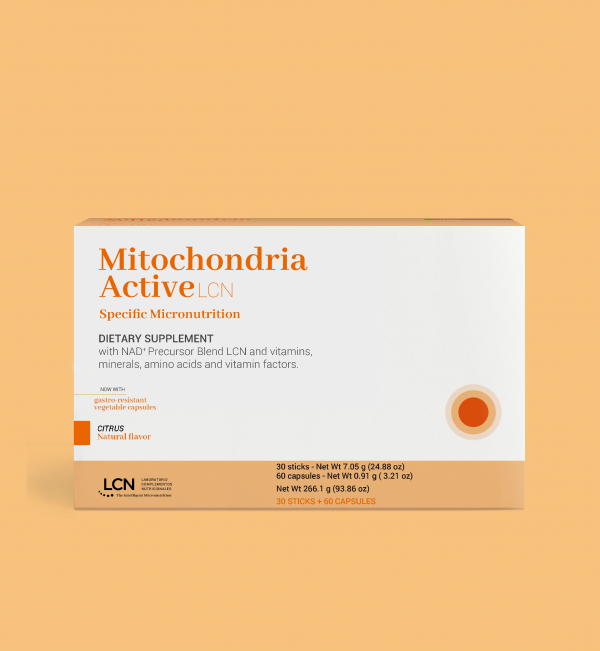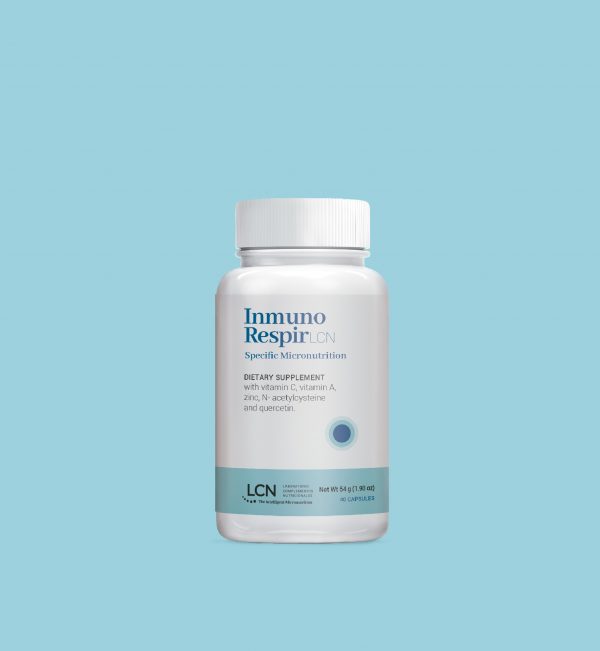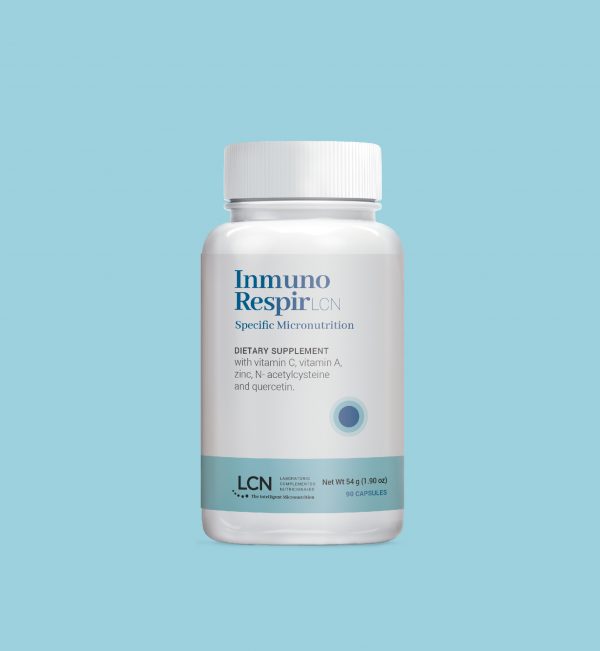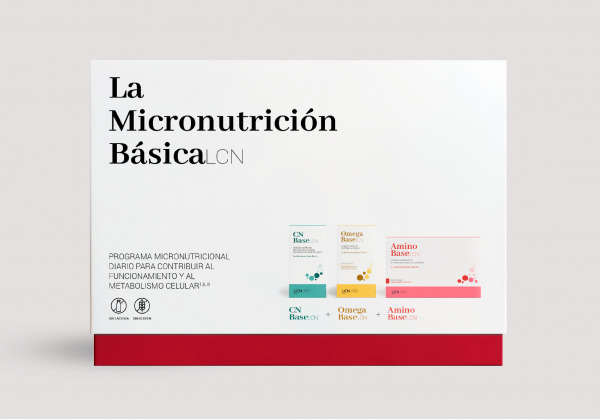Iodine
What is it?
Iodine is an essential mineral.
Iodine is necessary for synthesis of the thyroid hormones.
Iodine supplementation
There are different ways of supplying iodine, with the forms of iodide as sodium iodide being superior to the iodate forms.
Foods with iodine
The foods that contain the most iodine are seaweed and shellfish in general, followed by fish. The iodine content of fruits and vegetables is much lower and depends on where they are grown, with levels being very low when grown far from the sea. In Spain, only iodized and iodine- and fluoride-enriched salt contain iodine.
The foods with the highest iodine content are the following:
- Seaweed. Wakame, kombu, dulse, Icelandic kelp, etc., with a high protein, iron, and iodine content. Nori, sea spaghetti, fucus, kelp, etc., with low or moderate protein content and high iron and iodine content.
- Shellfish in general, mainly: clams, cockles, shrimp, cuttlefish, Norway lobster, prawns, and mussels.
- Fish, mainly cod and red mullet, but also the following: mackerel, herring, flounder, salmon, sardines, tuna, anchovies, sole, megrim, whiting, etc.
The foods with moderate iodine content are the following:
- chard, broccoli, watercress, leeks, carrots, spinach, endives, green garlic, onions, spring onions, asparagus, etc.
- Mushrooms in general (except canned).
- Eggs, especially the yoke.
- Milk and all milk products, such as yogurt and cheese.
- Peanuts.
- Oats.
- Pineapple.
- Beef and pork liver.
Industrialized and packaged products and some drugs with iodized preservatives (read the label) should also be taken into account.






